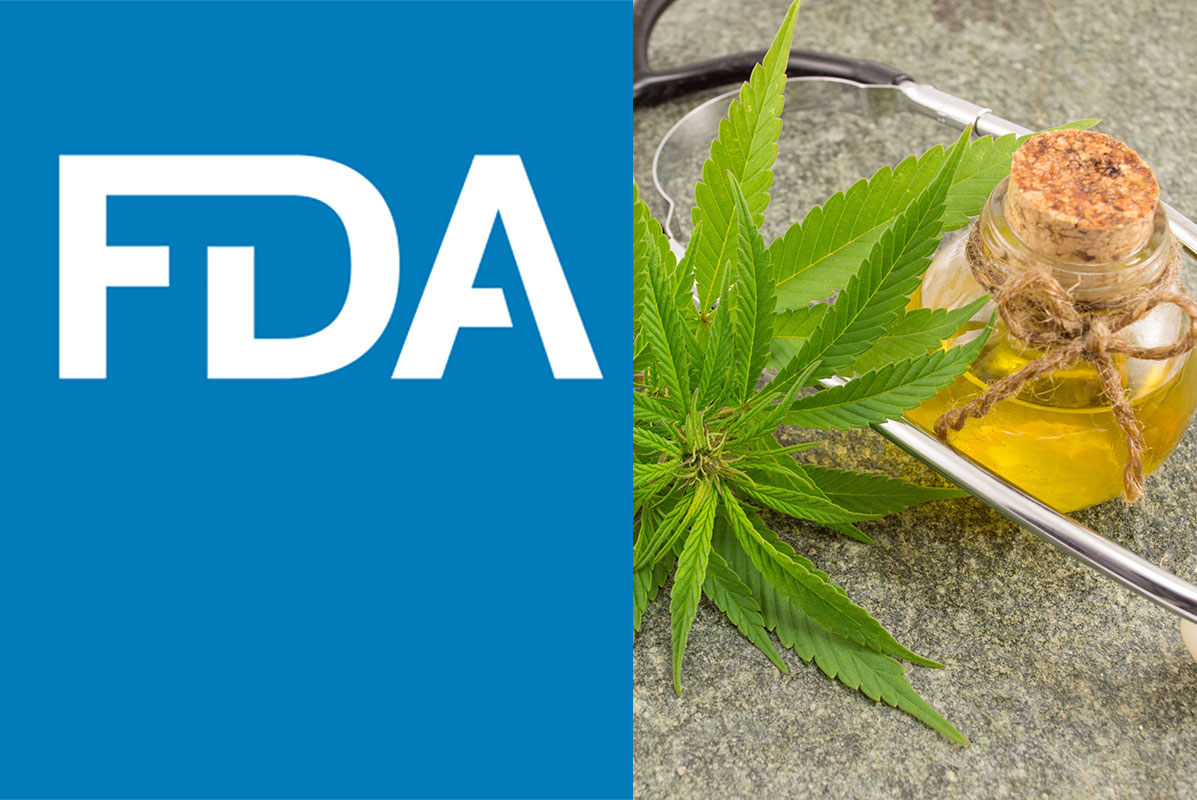The FDA listened to statements from over 100 people involved in the massive cannabidiol industry (CBD). The hearing took place over ten hours and two very conflicting ideas emerged from the stories. First, the public consensus is that CBD products are in absolutely high demand. Second, there are too many cooks in the kitchen of CBD products and the deliverables are not of the expected quality.
Ned Sharpless, the current man acting as commissioner of the FDA began a historic hearing that was open to the public. Sharpless points out that despite huge interest in CBD products, there is a lot of information about CBD use that is unknown at this time.
What is known at this time is abundant, though despite the current questions surrounding CBD. These facts were discussed in detail during the hearing and away from this discussion, we have pulled five major takeaways. These takeaways are discussed in detail throughout this article.
1. The CBD Market Contains too much Questionable Product.
This is arguably the biggest motif to come out of the FDA hearing regarding the current market on CBD. Money hungry businesses are selling less than quality products but marketing them as the real deal CBD products. Some of these businesses claim high concentrations of CBD when in fact their products contain very small quantities. In some cases, the product was found to have no CBD content at all.
The market for CBD is relatively unregulated as it is so new. So companies are taking liberties to push the boundaries for selling CBD in all directions. This generally means these companies can create fake CBD products at a much cheaper production cost and sell them for cheaper on direct to consumer type of selling markets. This means that the legitimate CBD products that are high-quality and therefore cost a bit more, have an extremely competitive market in which they have to compete.
You can be sure that these deceitful companies have nothing good coming to them. The FDA is in the process of building regulations to ensure high-quality products.
2. Buyers Do Not Know When Products are Legit and When They are Fake.
Those most familiar with the CBD industry do not currently have an exhaustive list of trustworthy brands. So, how can the general public know which brands are real and which brands are producing a placebo product?
Unfortunately, the answer to this question is that we cannot currently know what is real and what is fake. Only through FDA regulations will companies be forced to either be a quality, trustworthy company or sell out altogether. These brands have to be able to purchase advertising and build their brand in the public’s eyes. This is only going to happen if the FDA steps in and regulates the market.
3. CBD Is a Mystery for a Large Portion of the Public.
There were repeated moments where the participants took up precious hearing time ranting about their personal agenda against cannabis products. There were parent advocates speaking out horror stories involving their children and religious fanatics ranting about the evils that are involved in marijuana. Clearly, there is a large misconception about CBD products, what they are, and how they affect the person who takes them.
Some participants in the audience even asked the FDA to make THC and CBD illegal. A clear misunderstanding in the power that FDA has over the entire situation. Further, the hearing was clearly not about the legality of any cannabis products. This just goes to show that while the warfare against marijuana may have slowed a bit, it is clearly not over yet.
4. Side Effects Remain a Major Concern for the Food and Drug Administration.
There is no evidence that the FDA has ever wanted medicines to be ineffective. Nor have they ever given us evidence that they are not concerned with food nutrition. However, their first and foremost concern is the health of the general public over any of their other agendas. During their hearing, the FDA’s focus remained on negative aspects of CBD usage rather than the benefits users may have seen. In fact, if there are any statistics or solid facts about adverse reactions of side-effects, then the FDA is asking for the public’s help in locating that information.
5. The FDA Wants More Than Personal Stories and User Experiences.
Unfortunately, the world of legal cannabis products is so new that there is not much hard data to back up any claims or questions that were raised at the FDA hearing. Many of the experiences shared were personal stories that described positive experiences with cannabis products, including CBD improving medical issues and even how the use of medical marijuana has positively impacted various ailments in personal lives. It is anecdotes like these have helped to slowly build laws revolving around the cannabis industry.
However, the FDA. Is a different administration. They believe that their regulations have to be built on scientific principles. That means they need hard data to back up any requests for regulations or changes to the rules. This makes sense considering the FDA’s role in the government. So, until more research is completed on the CBD industry, not much is going to change overnight.






